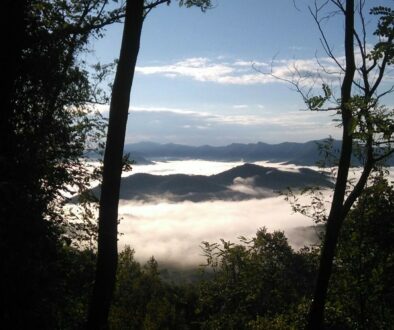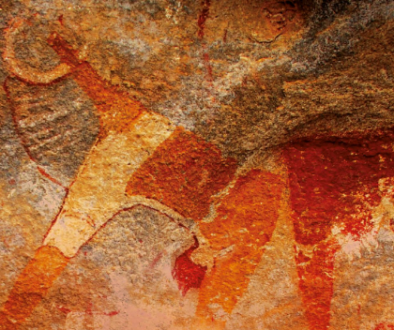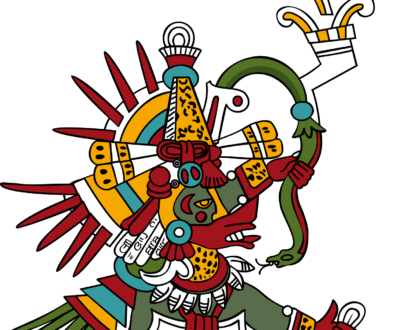The IUCN World Conservation Congress of Hawai’i calls froth to link spirituality, religion, culture and conservation
Hawai’i, USASeptember 2016
The IUCN World Conservation Congress of Hawai’i issued several very significant documents regarding the cultural and spiritual values of nature, and the role that religious and spiritual organisations should play conservation, among the most strong ever issued by IUCN.
The Hawai’i Commitments states that to achieve the transformation required to promote a Culture of Conservation, it is required Linking Spirituality, Religion, Culture and Conservation. This point states that “we need to look beyond mere technical means. The values and wisdom of indigenous peoples, elders, and the world’s rich faith and spiritual communities offer a deeper understanding of our connections with nature, and help inform the necessary transformational changes in the financial, technological, industrial, governance and regulatory systems of our societies. To incorporate such insights, spiritual leaders and the conservation community need to come together to share the values that connect us”
Besides, the following two motions were also adopted:
Motion 34, Recognising the cultural and spiritual significance of nature in protected and conserved areas. The motion calls fort to develop and disseminate best practice guidelines and training modules for stakeholders involved in protected and conserved areas on the recognition and integration of the cultural and spiritual significance of nature in the design, management and governance of protected and conserved areas. It also calls for promoting and adopting policies and strategies that (i) foster multicultural approaches for protected and conserved areas; (ii) foster full and consented participation of indigenous peoples, local communities, site custodians, faith groups and the public; and (iii) emphasise right-based approach to conservation.
Motion 29, Recognising and Respecting Territories and Areas Conserved by Indigenous Peoples and Local Communities (ICCAs) Overlapped by Protected Areas. This new policy has operational provisions that will have important implications for indigenous peoples and local communities, protected areas, World Heritage sites, the IUCN, the CBD, states and governmental agencies, conservation organizations, and the work of UN human rights monitoring mechanisms including the UN Special Rapporteur on the Rights of Indigenous Peoples.
To know more you may download: > The Hawai’i Commitments >> Motions




